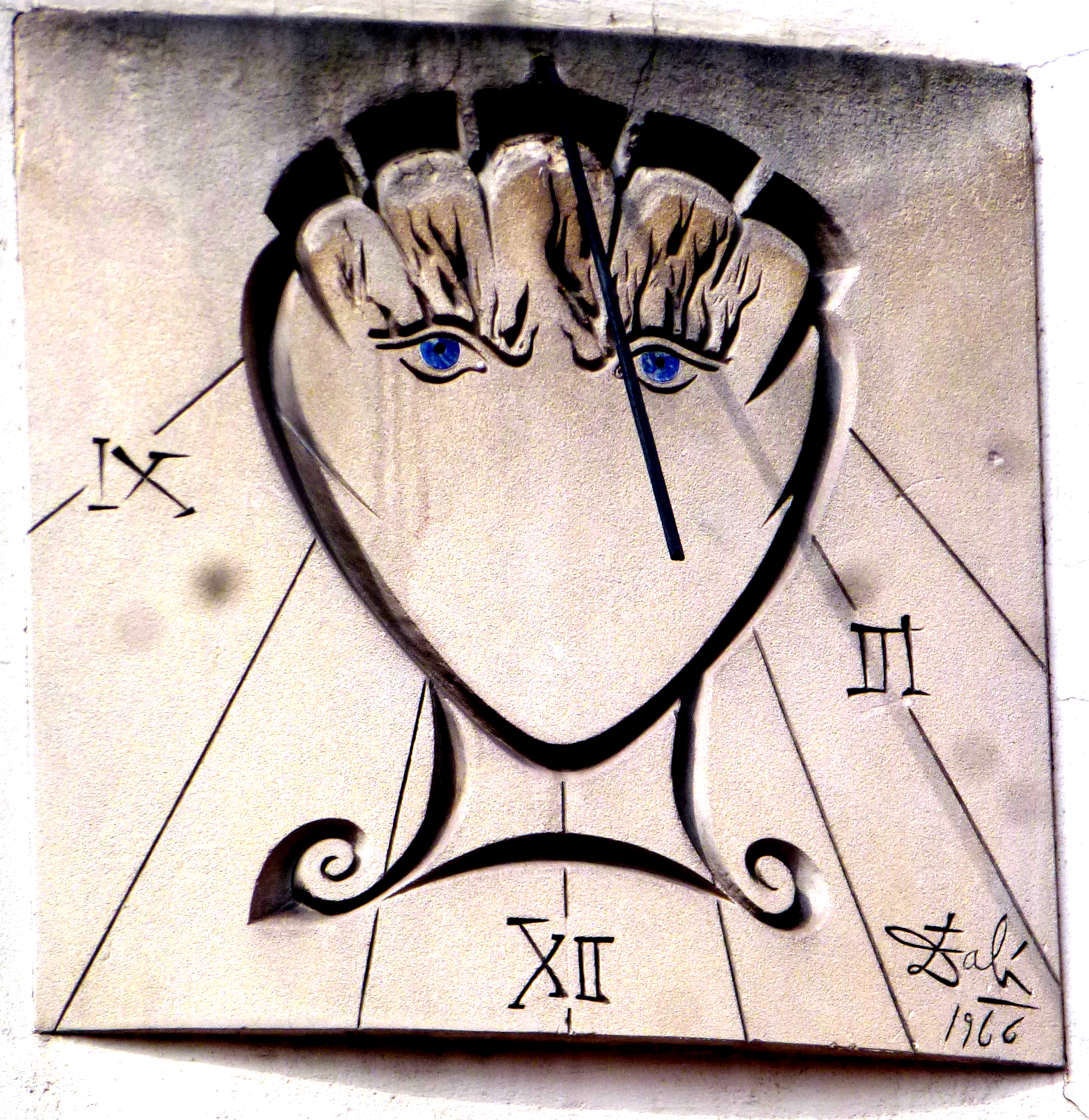Plato covers love (eros) and you may friendship (philia) generally in two dialogues, the fresh Lysis and Symposium, though the Phaedrus in addition to adds significantly to his opinions. During the each work, Socrates because quintessential philosopher is within one or two suggests heart phase, basic, since the a partner off understanding (sophia) and you can talk (logos), and you will, 2nd, while the themselves an enthusiastic inverter otherwise disturber of sensual norms. Platos feedback to the love are a meditation towards Socrates in addition to energy his philosophical talks must mesmerize, obsess, and instruct.
In fact, the latest claim is a great http://www.datingranking.net/charmdate-review/ nontrivial play on words facilitated from the undeniable fact that the brand new noun eros (“love”) together with verb erotan (“to inquire about issues”) sound like they are etymologically connected-a link clearly cheated regarding Cratylus (398c5-e5)
With what pursue, part step 1 works with new Lysis and you can Symposium. Sections 24 generally on Symposium alone. Section 5 works together with the Phaedrus. Section six on the closure area of the Symposium with areas of the fresh new Ion, Protagoras, and you can Rules. Parts commonly notice-consisted of, although not, and are intended to be read sequentially. Really students agree that your order out-of composition of the “erotic” dialogues is Lysis, Symposium, Phaedrus, although some place the Phaedrus prior to when the fresh Symposium.
“The thing I say I am aware,” Socrates confides in us in the Symposium, “is the artwork from love (ta erotika) (177d89). Removed practically, it’s an amazing allege. Was we actually to believe the guy whom affirms when toward demonstration having their lifestyle that he understands himself as wise “in none a good nor a little ways” (Apology 21b45) knows the art of love? Socrates knows about the art of like where-but just insofar as the-he is able to make inquiries, simple tips to converse elenctically.
Exactly how much that’s, we find regarding the Lysis, in which Socrates helps make an equivalent allege. Hippothales, particularly Socrates, loves gorgeous men and you can philosophical conversations (203b6204a3). However, the guy doesn’t understand the artwork from like and thus doesn’t learn how to keep in touch with Lysis-the guy which have which he is in love. What Hippothales do is play eulogies to help you Lysis, and therefore, Socrates contends, zero skilled mate do previously would. Having if your fit functions “everything youve told you and you can sung looks like so you can eulogize your self as the winner into the that have claimed such as for example a boyfriend,” however if it goes wrong, following “the greater your compliment of their charm and god, the more you are going to appear to have missing plus the far more you may be ridiculed.” Therefore, anyone “who’s smart on the artwork from like (ta erotika) doesnt praise their beloved up until he has got him: he anxieties how the coming may begin aside” (205e2206a2). Convinced, Hippothales requires Socrates to tell your “what anybody is say or do to rating his prospective date to enjoy your?” (206c13). As in the fresh new Symposium, Socrates was uncharacteristically imminent: “in the event the you are willing to has actually him talk to me personally, I would personally have the ability to leave you a presentation of exactly how to keep a dialogue which have him” (c46). Here are an elenctic study of Lysis. Socrates courses in love, we possibly may infer, is actually elenctic training-training in the manner to ask and you can answer questions.
In all round perspective of one’s Lysis, in which like was a want and you can focus is a gap, it is more
At the conclusion of the test, Socrates characterizes just what he’s finished: “This is the way you will want to confer with your boyfriends, Hippothales, leading them to very humble and drawing-in their sails, in the place of lump her or him up-and spoiling her or him, as you manage” (210e25). It sounds merely chastening place this way. It’s one step in the creation of the newest canonical companion-new philosopher:

